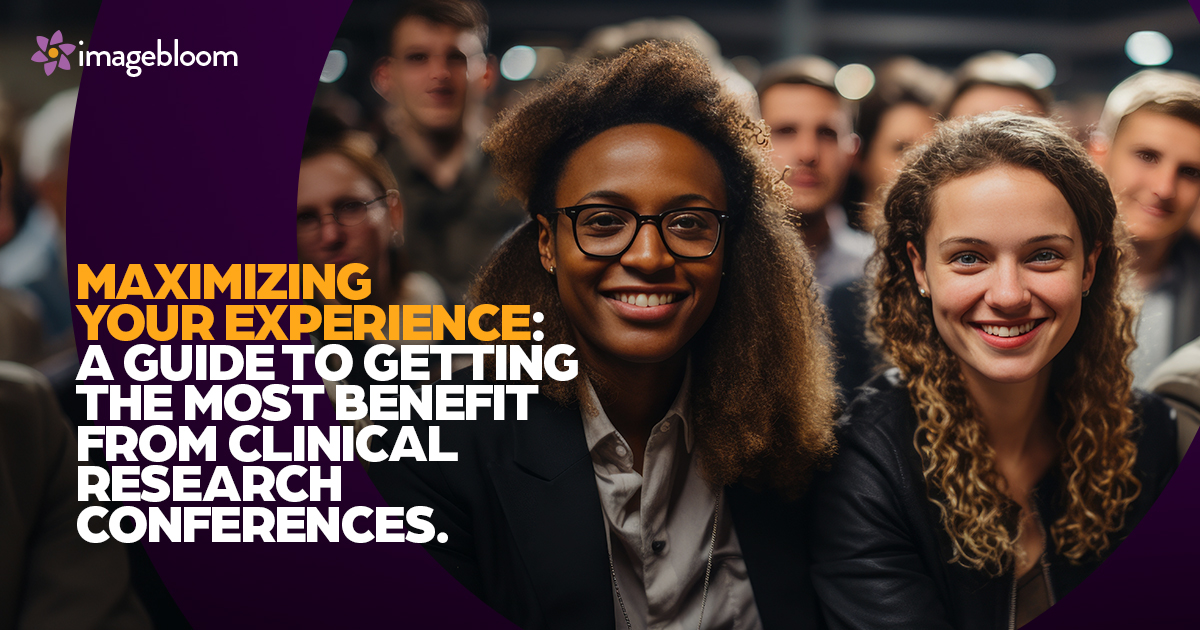Clinical research conferences serve as invaluable platforms for professionals in the field to exchange knowledge, share experiences, and stay abreast of the latest advancements. Attending these conferences can significantly enhance your skills, broaden your network, and keep you informed about emerging trends. To make the most of these opportunities, it’s essential to approach them strategically. In this blog, we’ll explore some key strategies to help you maximize your conference experience.
1. Set Clear Objectives:
Before attending a conference, identify your specific objectives. Whether it’s gaining insights into a particular research methodology, networking with industry experts, or exploring potential collaboration opportunities, having clear goals will guide your conference experience. This proactive approach ensures that your time is well-spent and focused on your professional development.
2. Plan Your Schedule:
Conference agendas are often packed with various sessions, workshops, and networking events. Take the time to review the schedule in advance and plan your itinerary accordingly. Prioritize sessions that align with your objectives and interests. Look for a balance between keynote speakers, panel discussions, and interactive workshops to gain a well-rounded perspective on the field.
3. Engage with Speakers and Attendees:
One of the greatest benefits of attending conferences is the opportunity to interact with industry leaders and fellow professionals. During Q&A sessions, ask thoughtful questions that can deepen your understanding of the presented research or spark discussions on relevant topics. Additionally, actively participate in networking events, poster sessions, and social gatherings to build connections that may lead to future collaborations or career opportunities.
4. Utilize Technology:
Most conferences today provide attendees with mobile apps or online platforms to access schedules, speaker bios, and interactive features. Make sure to download these tools and familiarize yourself with their functionalities. Some conferences even offer virtual attendance options, allowing you to participate remotely if needed. Leverage these technological resources to enhance your overall conference experience.
5. Take Notes and Reflect:
As you attend sessions and engage with professionals, take thorough notes to capture key insights, ideas, and potential action items. Reflect on how the information presented aligns with your current work or research projects. This not only reinforces your learning but also provides valuable material to share with colleagues who couldn’t attend.
6. Follow Up After the Conference:
The connections you make during a conference can be just as important as the knowledge gained. After the event, follow up with speakers, panelists, and fellow attendees through email or social media. Express your appreciation for their insights and continue the conversation. This post-conference engagement can solidify relationships and create a network of support for your ongoing professional development.
Attending clinical research conferences can be a transformative experience if approached with intention and strategic planning. By setting clear objectives, planning your schedule, engaging with speakers and attendees, utilizing technology, taking notes, and following up afterward, you can extract the maximum benefit from these valuable events. Stay curious, open-minded, and proactive to ensure that each conference enhances your expertise and contributes to the advancement of clinical research in your field.



